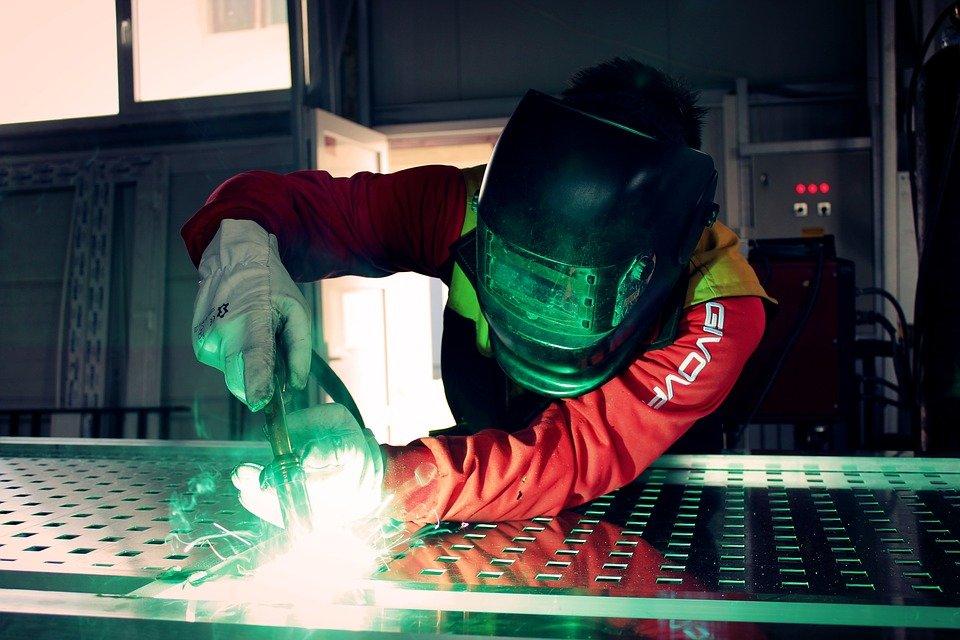
Aluminum is one of the most versatile materials known to man. It’s soft, lightweight, and is easily malleable, making it a perfect material for craftsmen to use in different projects. Furthermore, it is pretty safe to use because it is non-sparking, non-magnetic, and has high corrosion resistance. In addition, the material is non-toxic, has a low density, and has high thermal conductivity.
It is also one of the highly recyclable materials, and it can be used several times over while retaining its properties. It’s one of the most common industrial materials, and many products use it for packaging and other similar uses. Most people store the scrap material and coordinate with an aluminum recycling facility when they have enough volume to turn them into quick cash. Working with such a facility allows them to perform their social responsibility and earn some money on the side, too.
If you’re still wondering about the versatility of aluminum, here are several uses of the material in everyday life.
Electronics
Take a good look at your gadgets. Most of the time, they have cases made of aluminum or alloys. Since aluminum is durable enough, it doesn’t crack like metal and provides a sleek aesthetic that also helps in the design of high-end electronics. For example, mobile phone cases, laptop sleeves, tablet protectors, and even earphones use aluminum.
Household appliances such as refrigerators, washing machines, and dishwashers also incorporate aluminum into their design, thereby improving the aesthetics and functionality at the same time.
Cookware
We know that aluminum is one of the most durable materials around. It conducts heat evenly, making it one of the best materials for various cookware. It is also safe enough to cover food, as evidenced by aluminum foils and covers. It also has a smooth, sleek finish, making various objects look aesthetically appealing.
Construction material
Aluminum’s high strength to weight ratio, coupled with its malleability and versatility, make it an integral component of construction materials. Since it’s also pretty lightweight, it is one of the preferred materials for high-rise building construction.
Aluminum window frames are also one of the most preferred materials that builders love to use right now. Its durability and low cost, coupled with impact-resistance capabilities, make it useful for places that experience powerful storms and high-velocity winds.
Transportation material
Airplanes, trains, and spacecraft use a lot of aluminum. As the material is pretty affordable and lightweight, it makes these vehicles go faster, and there are considerable energy and fuel savings because of it. Also, you can easily replace parts and recycle them because they’re low maintenance.
Electrical components
Copper and aluminum are among the most common materials for electrical conductivity. While copper has better qualities, aluminum can still provide efficient conductivity for high-tension, high-conductivity overhead power lines. In addition, since aluminum is lightweight, it can cover greater distances between power poles, making it more efficient than copper wires in such cases.
Final takeaways
Aluminum is one of the most versatile materials available on the planet. With its characteristics, its uses extend from electronic and electric components to building materials, everyday objects, and transportation.
Leave a Reply